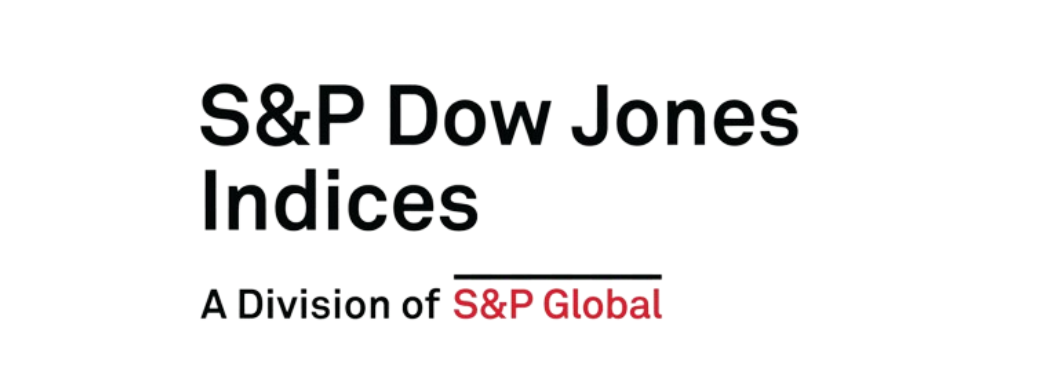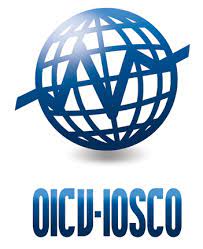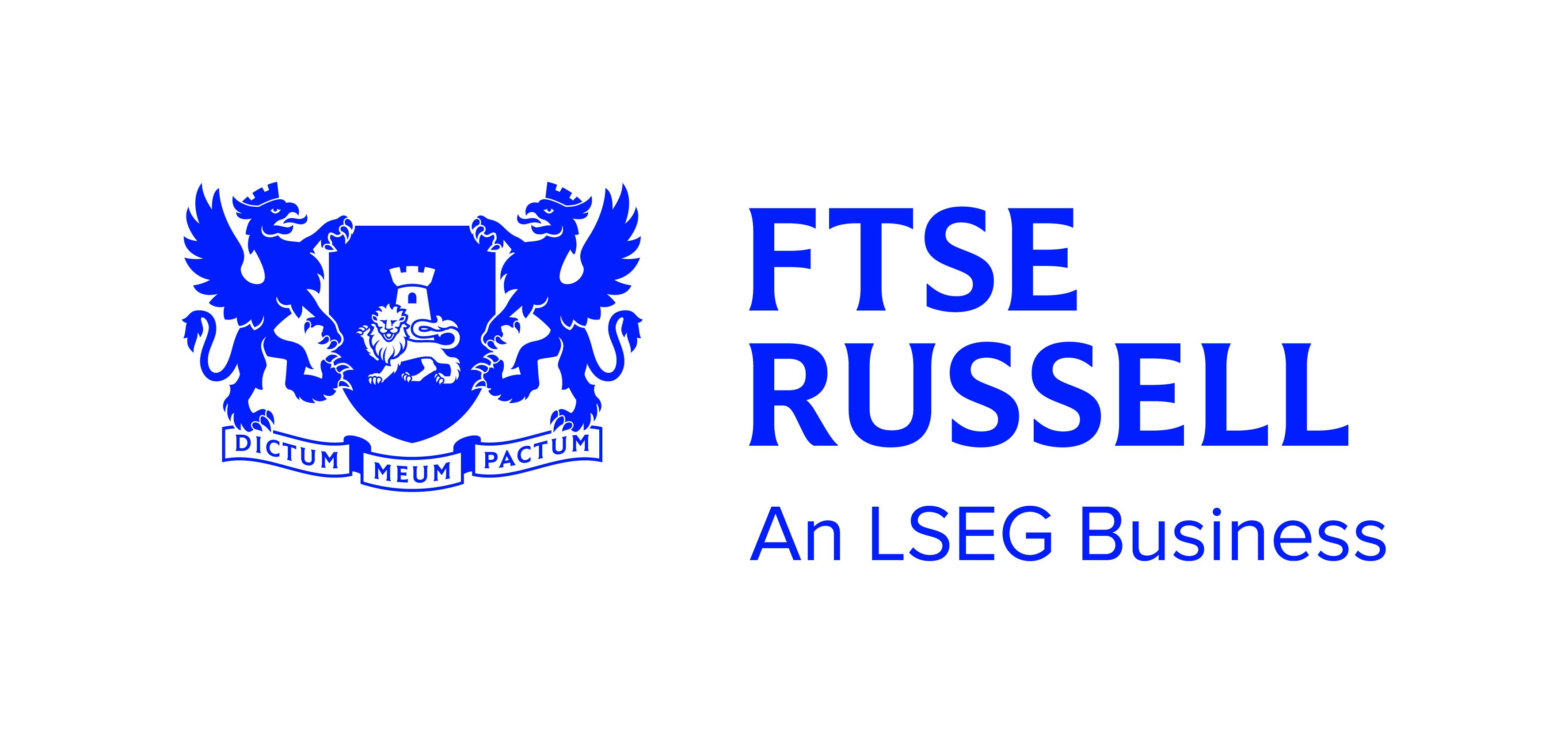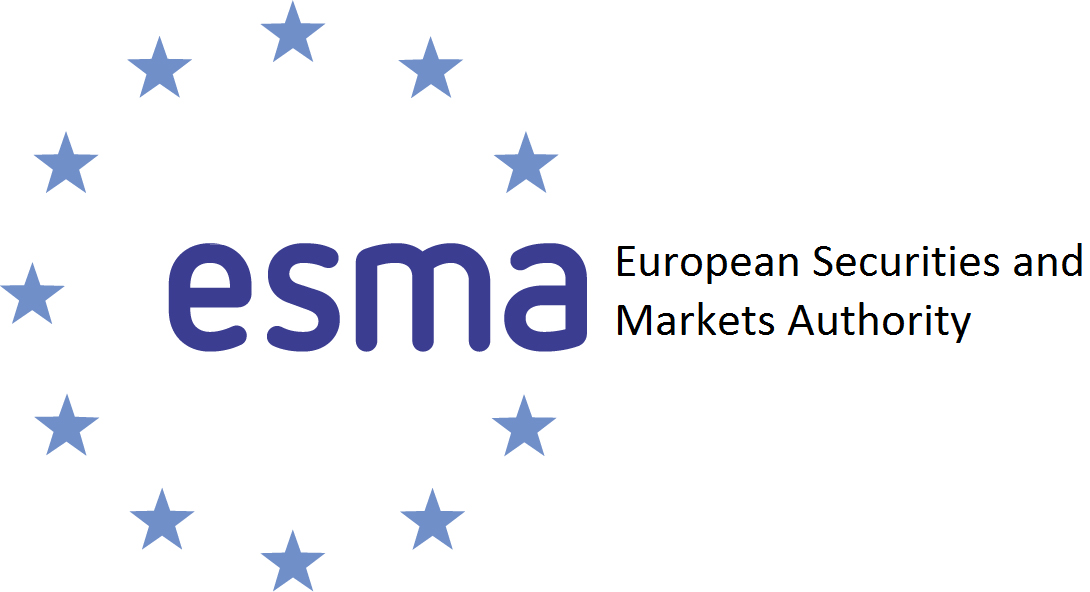The International Organisation of Securities Commission (IOSCO) has launched a consultation looking into the relationship between asset managers and index providers as it looks to drill down on potential conflicts of interest.
In a wide-ranging survey published on 19 October, IOSCO said it has four concerns; the role of asset managers and index providers, index providers’ provision of indices, the impact of administrative errors on investment funds and potential conflicts of interest.
It comes after the Securities and Exchange Commission (SEC) also announced plans to investigate the role of index providers in the US in June.
The SEC asked whether index providers such as MSCI, S&P Dow Jones Indices and FTSE Russell should be reclassified from information providers to investment advisors, with a potentially profound regulatory impact.
While IOSCO does not go as far as the SEC, it does note potential conflicts of interest where an index provider invests or provides seed funding to a fund.
The global regulator highlighted issues around both an index and an investment fund tracking that index using the same pricing information, as well as whether either party disclosed any affiliations between the two.
“What processes are in place to effectively manage such conflicts? Please explain the nature of the potential conflicts, how they are avoided, managed and disclosed,” IOSCO said.
Transparency and errors
Specifically targeting asset managers, IOSCO also wanted to understand if the cost associated with tracking an index was detailed separately from other fees and expenses, asking them if there were any “confidentiality provisions or contractual terms” that prevented them from doing so.
In addition, it is asking asset managers to outline their due diligence process when selecting an index on behalf of their clients and whether they have experienced index errors caused by an index provider and the impact this had on the fund.
On ESG, IOSCO wants to know whether certain screening services resulted in a higher level of discretion being exercised by index providers.
Exceptional market events
As part of the consultation, IOSCO is also seeking to understand the level of governance arrangements index providers and asset managers have in place in the case of “exceptional market events” such as the COVID-19 market shock in 2020 and the Russian market collapse earlier this year.
For asset managers, the regulator asked what challenges these events created in tracking a particular index and how much they engaged with index providers during market shocks.
Specifically referencing the onset of the Russian invasion of Ukraine, it asked if asset managers made any changes because of the market shock.
ETF issuers halted creation and redemption at the onset of the conflict with many later suspended on the secondary markets. BlackRock and Invesco were the first to terminate their Russia ETFs with the latter’s index provider Weiner Boerse deciding to discontinue the benchmark.
Markets were also rocked when index providers, led by MSCI, said they were pulling Russian securities from their emerging market indices, labelling the equity market “uninvestable”.
For index providers, IOSCO said it wanted to understand the internal governance arrangements in place for market shocks, specifically details around the structure of the committee and the number of members.
It also asked if they had observed any liquidity requirements in the underlying markets that would impact the sufficiency of indices input data.
Furthermore, it asked if index providers had considered the risk of the developing energy crisis and whether index providers have stress tested their operation resilience.
Earlier this month, the European Securities Market Authority (ESMA) outlined its blueprint for what contingency plans exchanges should have in place in event of market blackouts.
Asset managers and index providers have until 26 November to submit their responses.
Related articles










